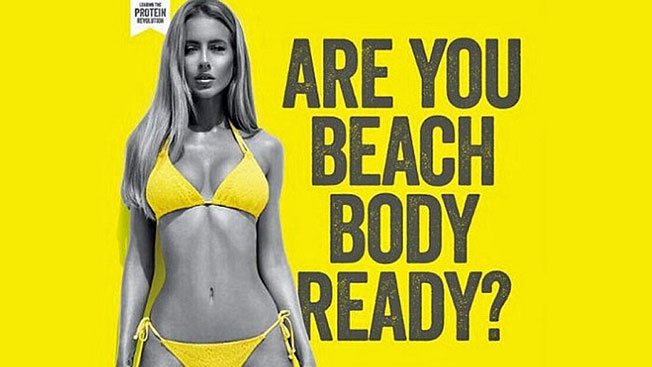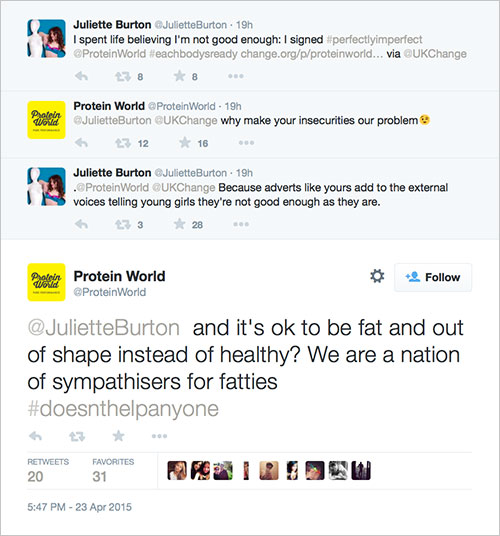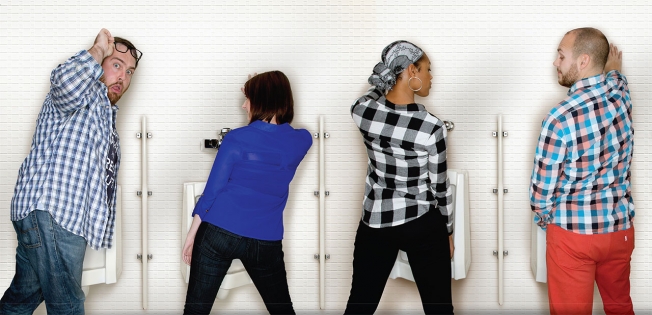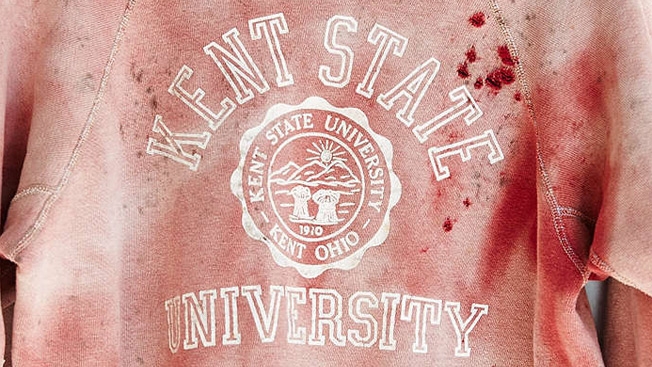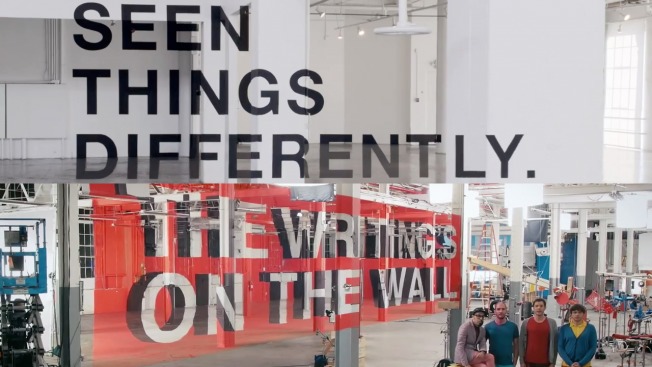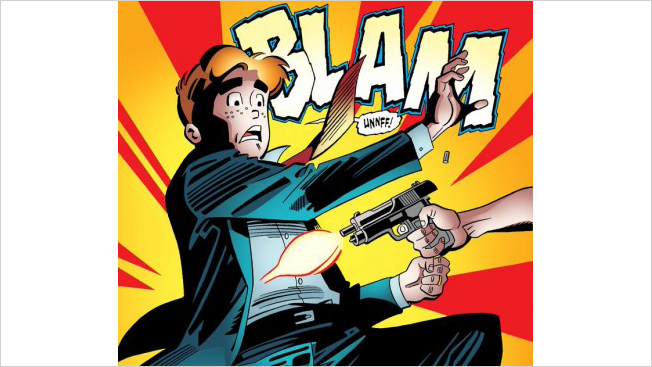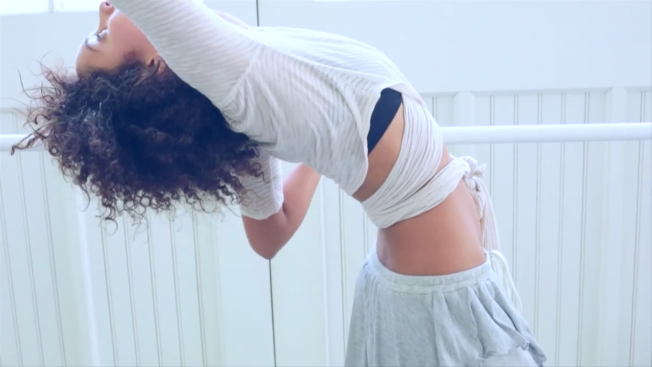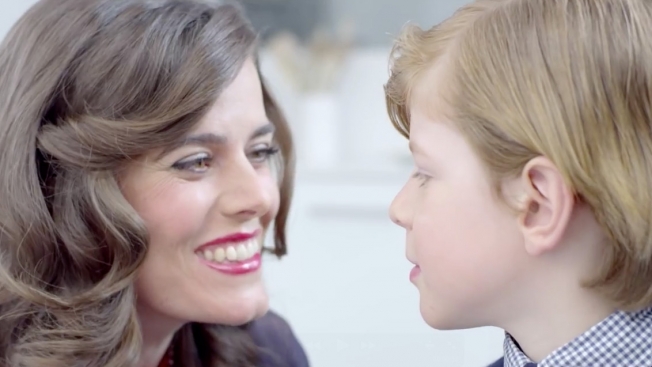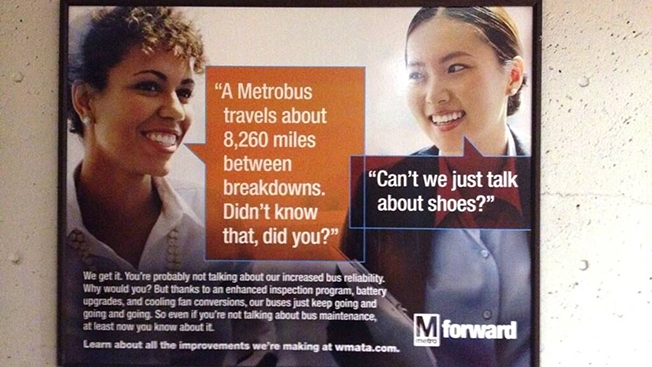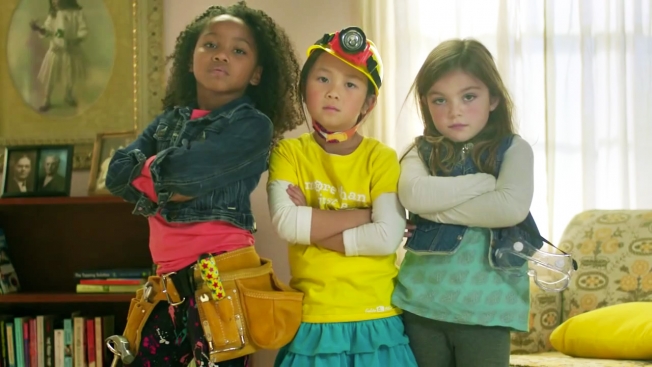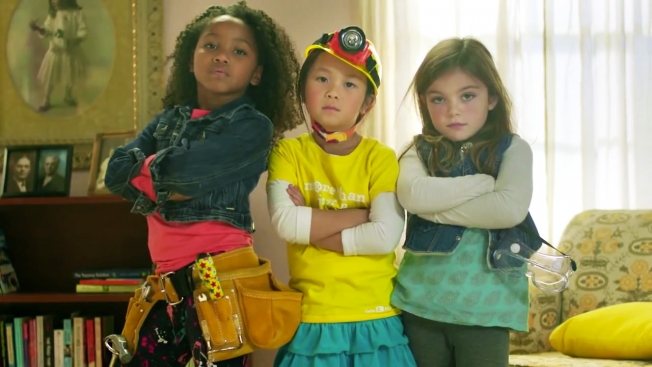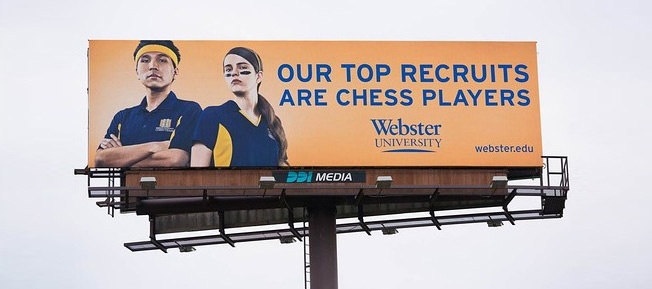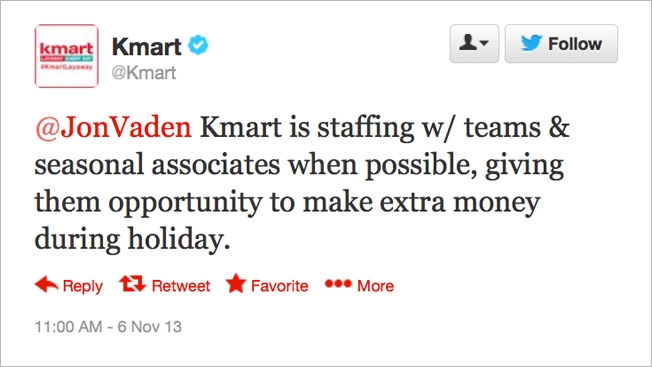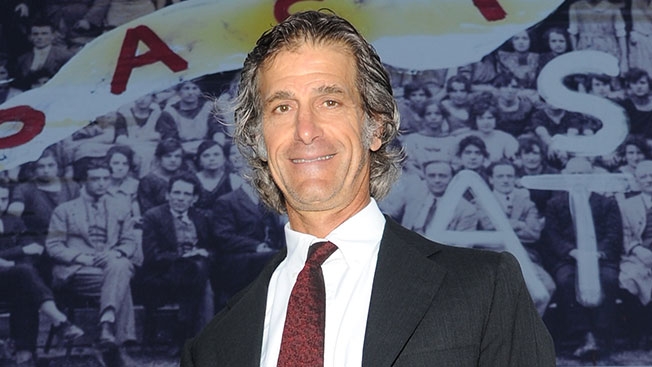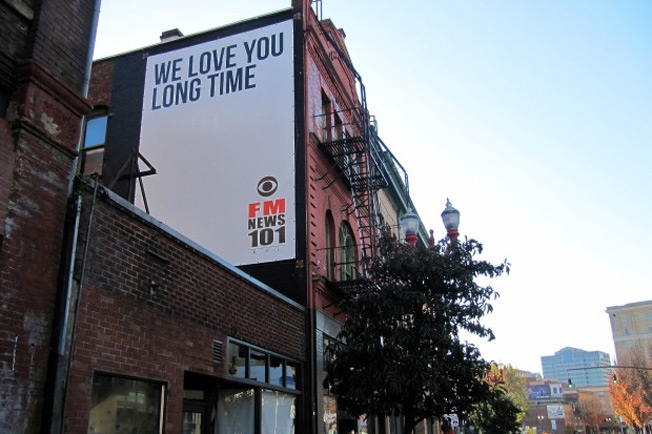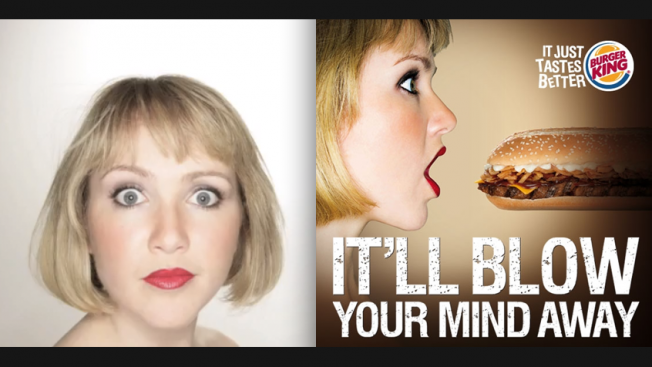
Five years after a famously suggestive Burger King ad ran in Singapore, the woman who appeared in it—without her permission, she says—has publicly excoriated the fast-food chain for humiliating her.
The woman, who has not revealed her identity, posted a YouTube video on Tuesday in which she explains her side of the story. And it isn’t pretty.
“Burger King found my photo online from a series I did of various facial expressions and contortion poses, and with no due regard to me as a person, profited off reducing me to an orifice for their penis sludge; publicly humiliating me in the process,” she writes in the video description.
“Friends, family, coworkers, prospective employers who saw it assume I was a willing player. Those offended by it don’t know the extent of what’s wrong with the ad; that I didn’t know about this being done to my image, let alone agree to or pose for the scenario.”
The woman even likens BK’s treatment of her image to sexual assault: “I believe in sexual expression in art and the media; it’s beautiful and necessary for a healthy society but IT MUST BE CONSENSUAL otherwise it’s RAPE.”
She ends her missive with the hashtag #SuckOnYourOwnSlimySevenIncher.
The 2009 ad has truly become a famous “badvertising” image. Indeed, the woman says it was just recently the topic of discussion in a large media studies class at a university in Toronto, where she lives.
In an email sent last year to ad blogger Copyranter, the woman said she had only just found out about the ad and was looking into her legal options.
BK did not explicitly apologize for the ad back in 2009, when it appeared on a number of ad blogs, including this one. But it did release a statement saying it “values and respects all of its guests,” and noted that the ad ran only in Singapore and in no other markets.
AdFreak has reached out to BK for comment on the new video. We’ll update when we hear back. Below is the full ad, and the woman’s complete description on her YouTube video:

Burger King found my photo online from a series I did of various facial expressions and contortion poses, and with no due regard to me as a person, profited off reducing me to an orifice for their penis sludge; publicly humiliating me in the process. It was shown online as well as on bus stops and the walls and place mats of their restaurant.
When asked for comment from the press Burger King claimed the campaign went down well, however after some research I discovered The Advertising Standards Authority of Singapore (where it was released) received several complaints and the campaign had to be prematurely removed.
This is a top International food chain the world is watching that has a code of ethics they’re required to adhere to for that reason by law but did not in how they went about using my image.
Now due to the coverage its received (Time Magazine’s Top Ten Tasteless Ads, Business Insider, Buzzfeed, Gawker, Psychology Today to name a few) it’s part of the public domain. Just recently it was the topic of discussion in a media studies class of 500 students at the University of Toronto – where I live… and posted to the class Facebook discussion page.
Friends, family, coworkers, prospective employers who saw it assume I was a willing player. Those offended by it don’t know the extent of what’s wrong with the ad; that I didn’t know about this being done to my image, let alone agree to or pose for the scenario.
Why not hire a model to pose with the sandwich?
There is something VERY wrong with the fact that they felt entitled to do that to my face without signing a contract with me.
I believe in sexual expression in art and the media; it’s beautiful and necessary for a healthy society but IT MUST BE CONSENSUAL otherwise it’s RAPE.
Nice family restaurant you’re running there Burger King.
#boycottbk #facerape
#SuckOnYourOwnSlimySevenIncher





![]()





